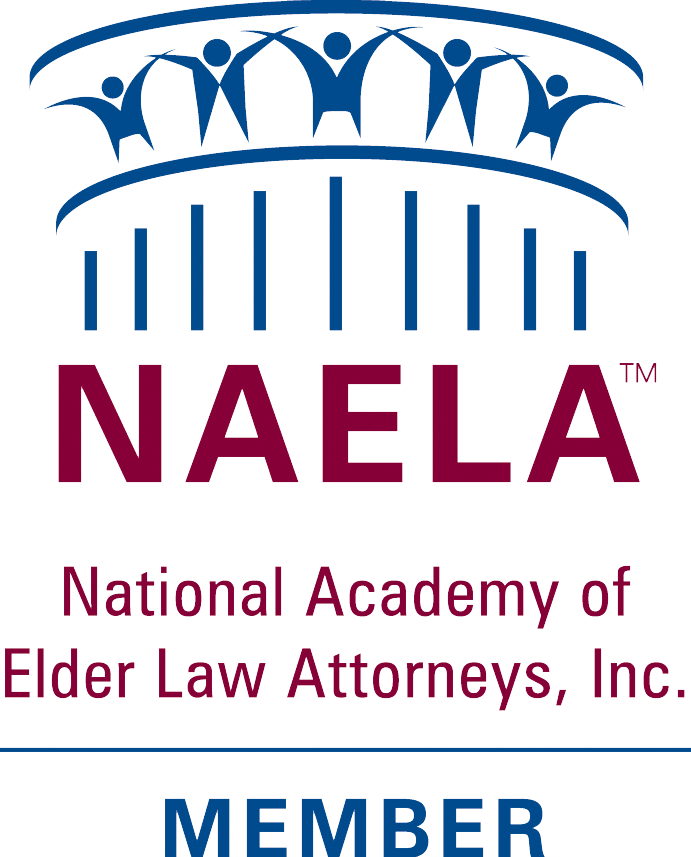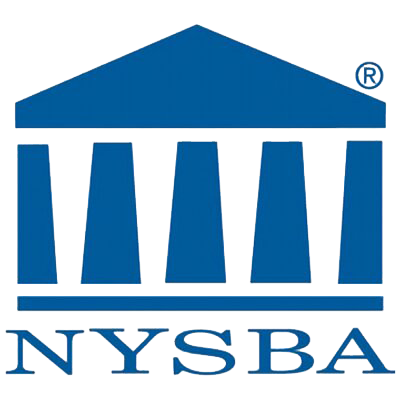
The Medicaid Asset Protection Trust (“MAPT”) is a common trust used in New York which begins the process of protecting assets from long term care expenses (such as nursing home and home care expenses), avoiding probate, all while maintaining all relevant tax benefits such as the stepped-up cost basis and allowing the grantor to keep their income.
Grantor Trust Status – Not all irrevocable trusts are the same, a concept many professionals do not understand, and it is possible to have an irrevocable trust which maintains Grantor trust status. While most Medicaid Asset Protection Trusts are considered irrevocable for Medicaid purposes, they maintain Grantor Trust status within the meaning of Internal Revenue Code Sections 673-679 based upon any one of the following, each of which can be applicable to the trust:
- The Grantor Retains Right to Income
- The Grantor Retains a life estate/right to reside in any real property transferred to the Trust
- The Grantor Retains a Power of Appointment to appoint a broader class of beneficiaries
Income & Rent – The MAPT enables the grantor (the person who created the trust) to keep all income generated by the trust, including net rental income. Depending on the situation, it is not always necessary to open a trust account and the grantor can continue to collect rent and income in their own names. This also allows the grantors the convenience of operating their properties in their accustomed manner.
Gift Taxes – The transfer of assets to this MAPT does not typically constitute a completed gift (within the meaning of Internal Revenue Code Section 2503 and related sections) and therefore no gift tax return is required.
Stepped Up Cost Basis – The assets transferred to the trust will qualify for a “stepped up” cost basis at the time of death for purposes of capital gains tax pursuant to Internal Revenue Code Sections 1014, 2036-2039, and related sections, enabling the family of the grantor to inherit appreciable assets (such as real estate) free of any capital gains tax, as of the grantor’s date of death. Since assets transferred to a MAPT are still included in the Grantors taxable estate, they are eligible for the basis step up. Therefore, the cost basis of these assets is “stepped up” to the fair market value of the asset on the grantor’s date of death, as opposed to retaining the basis as the purchase price of the grantor.
The MAPT needs to be viewed comprehensively with knowledge of (not just the aforementioned tax laws) but Medicaid/Social Services Law/Probate & Real estate law.

